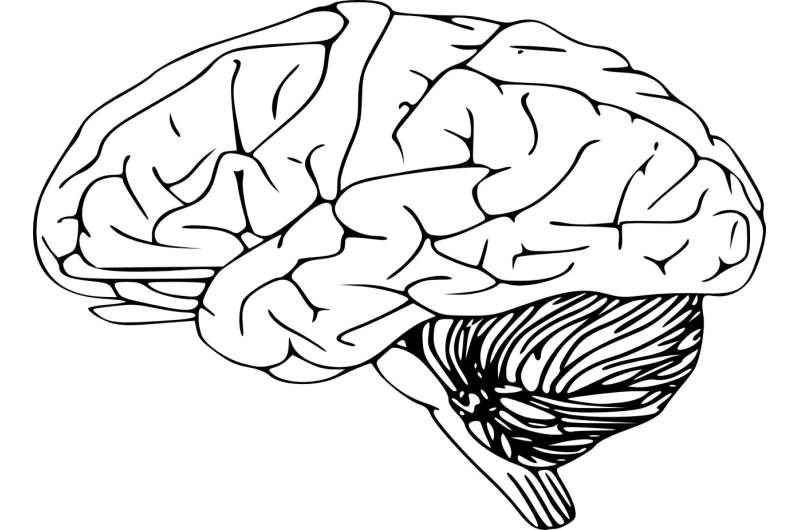
A team of researchers from the Netherlands, Austria and Germany has found that a well-known mnemonic device used to improve short-term memory also improves longer-term memory. In their paper published in the journal Science Advances the group describes testing memory in both memory athletes and a control group.
A common mnemonic device used to help people memorize a lot of information in a short amount of time involves imagining walking a familiar path and assigning items to various milestones along the way. A person might assign a bottle of milk to the front step, for example, a bag of seeds to the rose garden just next to the path on the way to a sidewalk and a bag of a certain kind of nuts, just next to a tree in the yard, if they wanted to memorize their grocery list. In this new effort, the researchers have found that using such a mnemonic device can also help to remember things for a longer period of time—such as four months.
To learn more about the mnemonic device, the researchers enlisted the assistance of 17 of the world’s top-ranked memory athletes. Each was asked to memorize a list of items and then the results of their efforts were compared with a control group based on intelligence, handedness, gender and age. The researchers then recruited 50 volunteers who were not memory athletes to help with their study. The group was divided into three smaller groups that underwent different levels of training to use the mnemonic device—some were given six weeks of training, others a shorter length of training and the third group received no training at all.
The researchers also took MRI scans of the brains of several members from each group before and after their training and again four months later. Each of the volunteers, including the memory athletes, then attempted to memorize a list of 50 words. As expected, the memory athletes remembered all the words, while the group that received six weeks of training memorized on average 30; those with no training remembered approximately 27.
Source: Read Full Article
